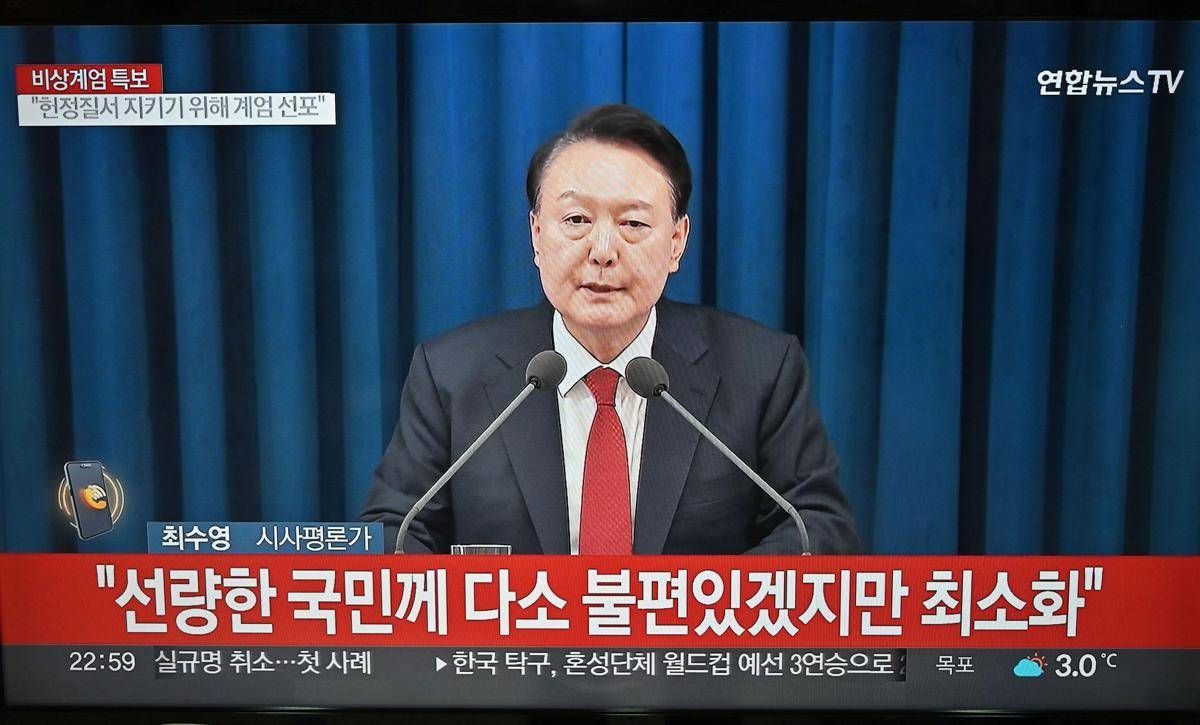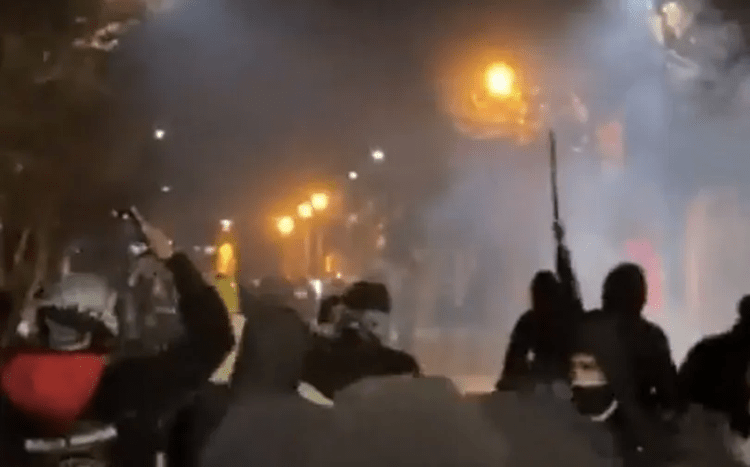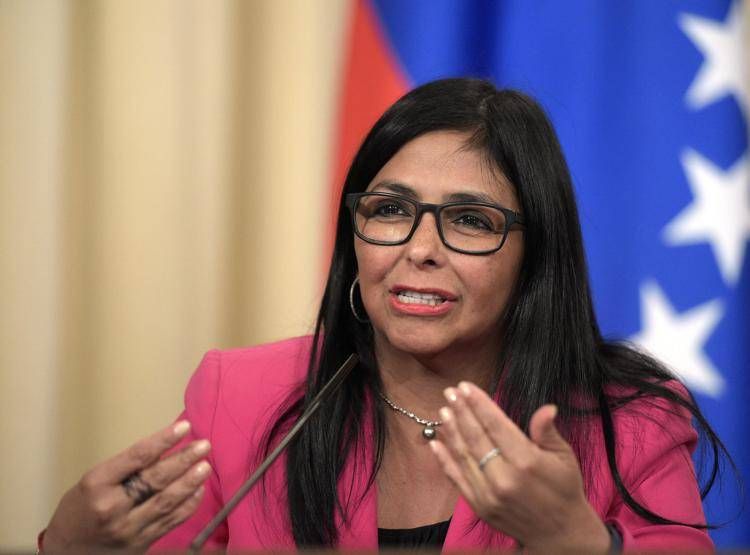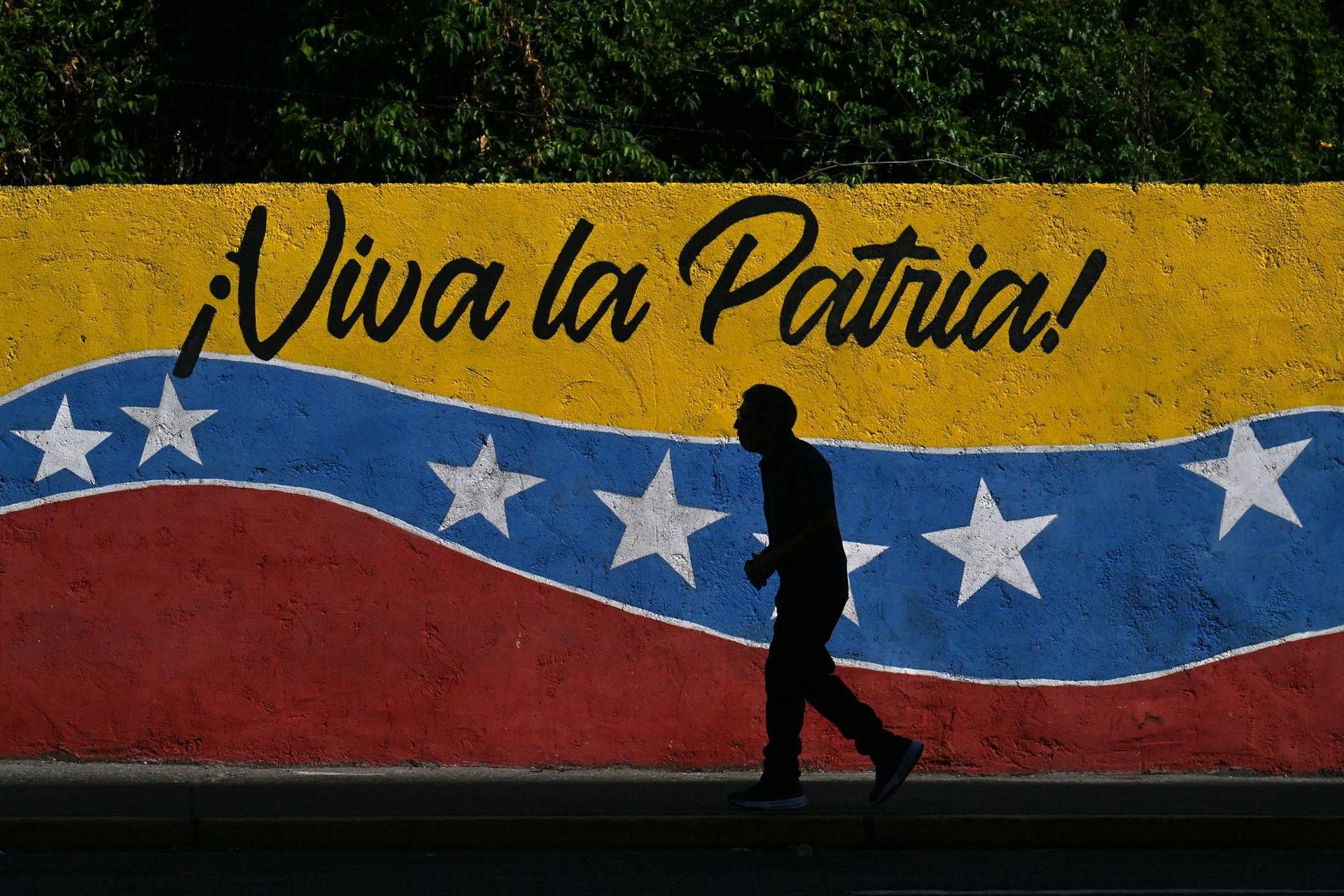
Yoon Suk-yeol: the authoritarian turn of the conservative president
-


Overnight explosions in Caracas hit military area, widespread power outages reported VIDEO
-


Attacco Usa in Nigeria contro l’Isis, Trump: “Risposta al massacro di cristiani” VIDEO
-


Frana a Cormons: disperso un giovane e un’anziana sotto le macerie VIDEO
-


Tifone Fung-Wong colpisce le Filippine: un milione di evacuati VIDEO LIVE
The first South Korean leader to proclaim martial law since 1980, Yoon leads the country through a period of internal and external challenges
Born on 18 December 1960 in Seoul, Yoon Suk-yeol began his career as a prosecutor after graduating in law from Seoul National University. During his tenure, he distinguished himself in the fight against corruption, handling high-profile cases, including proceedings against former South Korean presidents. In 2019, he was appointed head of the Prosecutor General’s Office, but resigned in 2021 to run for president.
Elected on 10 May 2022 with the People’s Power Party, Yoon has based his term on a pro-American foreign policy, an uncompromising approach to North Korea and a strategy to strengthen South Korea’s role in global markets.
A hard line against Pyongyang
In contrast to his predecessor Moon Jae-in, who had sought dialogue with North Korea, Yoon adopted a tougher stance. He promised a strengthening of the South Korean armed forces and hinted at the possibility of pre-emptive strikes against any threats from Pyongyang.
Domestic challenges: inequality and scandals
The Yoon presidency began in a country scarred by the Covid-19 pandemic and deep political divisions. The issue of gender inequality is particularly controversial, with growing tensions between feminist and ‘anti-feminist’ movements. While the former denounce deep-rooted discrimination, the latter criticise equality policies as unbalanced in favour of women.
Complicating the situation are the accusations against the first lady, Kim Keon-hee, concerning alleged forgeries in her professional credentials. These scandals have put pressure on the president, who has tried to minimise their political impact.
The controversial proclamation of martial law
Yoon Suk-yeol became the first South Korean president to proclaim martial law since 1980, an event that evokes traumatic memories of the Gwangju Uprising. At the time, General Chun Doo-hwan used martial law to violently suppress protests against the authoritarian regime, resulting in hundreds of casualties.
Although Yoon justified his decision on national security grounds, the move sparked internal debate and international criticism, raising concerns about a possible return to authoritarian attitudes.
A strategic alliance with the US
Yoon strengthened ties with Washington, reiterating that South Korea and the United States share an alliance ‘forged in blood’. The recent re-election of Donald Trump could foster this partnership, with Yoon also ready to exploit symbolic initiatives such as ‘golf diplomacy’.
A glimpse into the future
Despite the difficulties, Yoon aims to consolidate South Korea as a global power in trade and technology, balancing domestic pressures with an assertive foreign policy. However, his presidency remains marked by tensions and controversies that could profoundly affect the country’s democratic course.
THE LATEST NEWS
(Photo: adnkronos.com)
-

 Flash22 ore ago
Flash22 ore agoImpatti stradali mortali a Genova e Montichiari: 2 pedoni investiti e uccisi da autisti mezzi pesanti
-

 News22 ore ago
News22 ore agoCrans-Montana, Procura chiede custodia cautelare per Jacques Moretti: possibile fuga
-

 Sport22 ore ago
Sport22 ore agoSinner e Alcaraz: esibizione a Seul apre 2026, dove vederla in tv e streaming
-

 International-News21 ore ago
International-News21 ore agoBBC faces criticism over media coverage bias in Gaza and Iran








